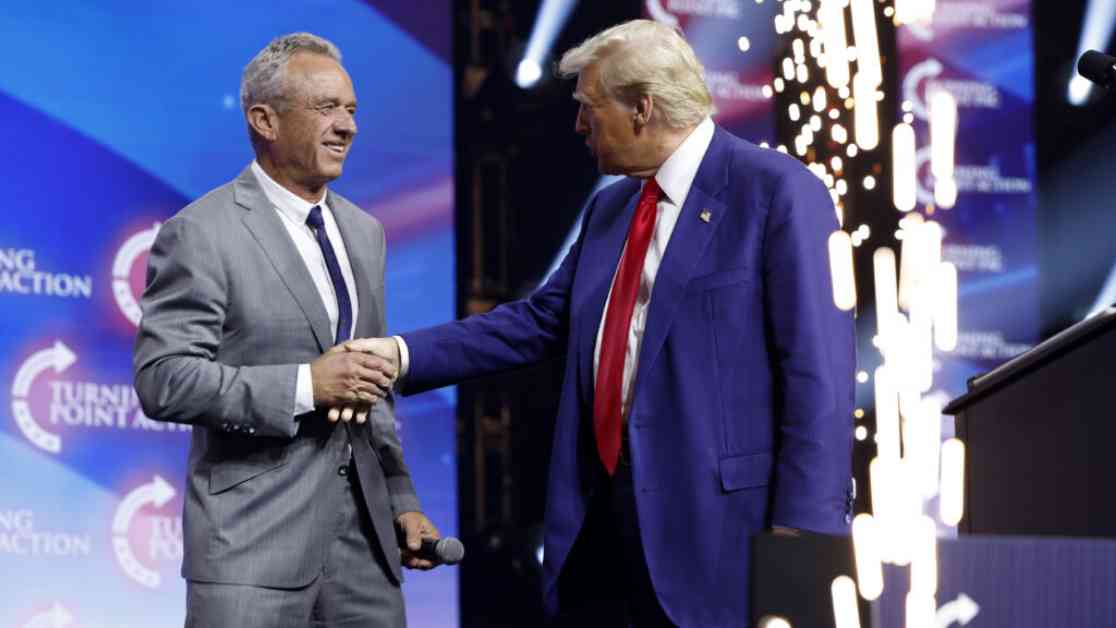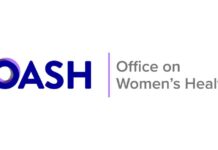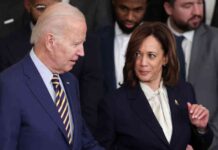Donald Trump’s recent win could lead to a significant impact on how vaccines are regulated and distributed in the United States due to the influence of longtime vaccine skeptic Robert F. Kennedy Jr. Kennedy has been known for promoting the idea that vaccines cause autism and has founded the nonprofit Children’s Defense Fund to support theories linking vaccines to other conditions. While Kennedy has toned down his anti-vaccine rhetoric, he now emphasizes the need for more transparency and data on vaccines without specifying what data he is seeking.
The regulation and recommendation of vaccines in the US are primarily carried out by the Food and Drug Administration (FDA) and the Centers for Disease Control and Prevention (CDC). Health experts are concerned that Kennedy could use his influence to slow down approvals, appoint fellow skeptics to advisory committees, and spread misinformation, although the extent of his impact would depend on the leadership of these agencies.
It’s important to note that the FDA does not withdraw products without clear safety concerns, and any attempt to penalize vaccines without evidence could lead to legal challenges. Kennedy may push for additional data on vaccines seeking approval, which could potentially impact the approval process. However, the CDC, which plays a crucial role in making vaccine recommendations, is more vulnerable to Kennedy’s influence.
One of the key safeguards for vaccine approval at the CDC is the Advisory Committee on Immunization Practices (ACIP), which provides recommendations for the entire US population. The composition of the ACIP could change under Trump’s administration, as members are approved by the HHS secretary, who is appointed by the president. Filling the committee with loyalists and skeptics could affect the accuracy of vaccine recommendations and their affordability.
Disruption of federal vaccine policy could also come through the courts, as seen in a recent ruling that questioned the authority of advisory committees like the ACIP. Kennedy’s influence could further complicate federal vaccine policy, especially through his ability to sway public opinion on vaccine safety and efficacy.
Former HHS Secretary Kathleen Sebelius expressed concerns about Kennedy’s potential impact on federal health agencies, noting his influence in discouraging vaccine use. Soft power, such as influencing public perception, is likely to have the most significant effect on vaccine policy, especially if Kennedy assumes an official federal position. Sebelius highlighted Kennedy’s persistence in advocating for changes in vaccine policy and the need for accurate information from health agencies.
In conclusion, the influence of figures like Kennedy and the actions of the Trump administration could have far-reaching effects on vaccine confidence and safety in the US. It’s essential to consider the potential implications of their actions on public health and the regulatory landscape surrounding vaccines.

















